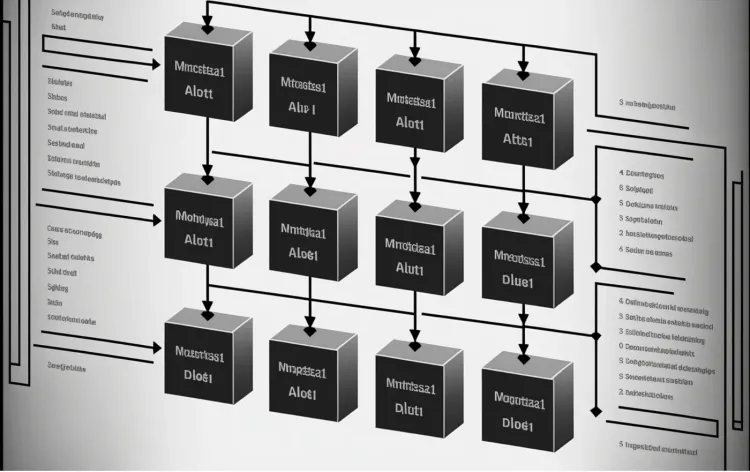Node.js | Frameworks You Didn't Know About.

Hono

Hono - [炎] means flame🔥 in Japanese - is a small, simple, and ultrafast web framework for the Edges. It works on any JavaScript runtime: Cloudflare Workers, Fastly Compute@Edge, Deno, Bun, Vercel, Lagon, AWS Lambda, and Node.js.
Hono is a streamlined web application framework that shares similarities with Express but focuses solely on the backend, omitting any frontend components. What sets Hono apart is its ability to run on CDN Edges, opening doors to the creation of more extensive applications when used alongside middleware.
// server.ts
import { Hono } from 'hono'
const app = new Hono()
app.get('/', (c) => c.text('Hono!'))
export default appHere are a few examples of how Hono can be utilized:
- Developing Web APIs: Serves as a reliable foundation for building robust web APIs, allowing you to handle requests, process data, and respond with the desired output efficiently.
- Backend Server Proxy: Excels as a proxy for backend servers, enabling seamless communication between client requests and the appropriate backend resources. It acts as an intermediary, enhancing security and optimizing performance.
- CDN Frontend: Leveraging as a frontend for Content Delivery Networks (CDNs) empowers you to implement custom logic or processing tasks at the edge. This approach optimizes content delivery, reduces latency, and enhances the overall user experience.
- Edge Application Development: Compatibility with CDN Edges allows you to build applications that execute closer to the end-users, enhancing speed and reducing network latency. This makes it an ideal framework for creating edge-focused applications.
- Base Server for Libraries: Serves as a reliable foundation for building libraries, providing a solid starting point to develop comprehensive and feature-rich solutions.
- Full-Stack Application Development: By combining backend capabilities with appropriate frontend frameworks, you can develop full-stack applications. This approach enables you to build end-to-end solutions, encompassing both frontend and backend functionalities.
In summary, Hono is a powerful Node.js framework that specializes in backend development. Its ability to run on CDN Edges offers unique opportunities for constructing various types of applications, from web APIs and server proxies to edge-focused and full-stack applications.
Nitro

Nitro is an open source TypeScript framework to build ultra-fast web servers. The open engine powering Nuxt and open to everyone.
With the Nitro Node.js Framework, you can create web servers that are highly versatile and can run anywhere. This open-source engine is not only the driving force behind Nuxt (https://nuxt.com) but is also accessible to everyone (https://github.com/unjs/nitro/discussions/1015).
// nitro.config.ts
import { defineNitroConfig } from "nitropack/config";
export default defineNitroConfig({
preset: 'node-server'
})Here are some key features and benefits of Nitro:
- Rapid Development with HMR: Facilitates quick development thanks to Hot Module Replacement (HMR), enabling seamless updates and faster feedback loops during the development process.
- Provider Agnostic Deployments with 15+ Built-in Presets: Offers over 15 built-in presets, allowing for effortless deployment to various providers. It ensures compatibility with different hosting platforms, simplifying the deployment process.
- Portable and Compact Output: Generates output that is portable and compact, making it easy to transfer and deploy your application on different environments or servers.
- Directory Structure Conventions: Follows sensible directory structure conventions, providing a clear organization for your codebase and enhancing maintainability.
- Minimal Design: Embraces a minimalistic design philosophy, focusing on simplicity and efficiency. This approach allows for streamlined development and easier code maintenance.
- Code-Splitting: Supports code-splitting, enabling efficient loading of only the necessary code chunks, resulting in faster page rendering and improved performance.
- TypeScript Support: Offers built-in TypeScript support, allowing you to write type-safe code and leverage the benefits of TypeScript in your projects.
- Universal Storage: Provides a universal storage solution, enabling seamless data storage and retrieval across client and server environments.
- Route Caching: Includes route caching functionality, optimizing the performance of your application by caching frequently accessed routes.
- Hackable: Is designed to be highly hackable, allowing you to customize and extend its functionality based on your specific requirements.
- Auto Imports: Simplifies the import process by automatically handling imports, reducing the need for manual import statements and improving developer productivity.
In summary, the Nitro Node.js Framework empowers you to create web servers that are highly flexible and can run on various platforms. With its rapid development capabilities, provider-agnostic deployments, compact output, and other features like TypeScript support and route caching, Nitro provides a comprehensive toolkit for building efficient and scalable web applications.






Member discussion